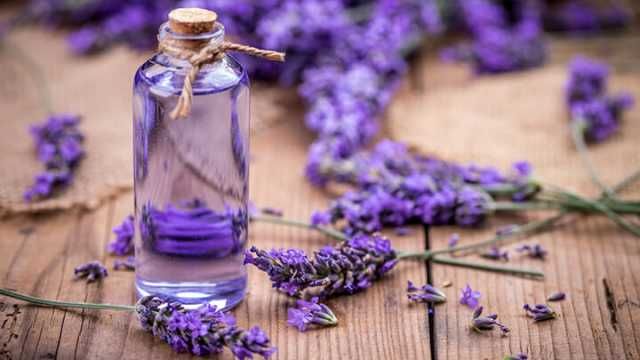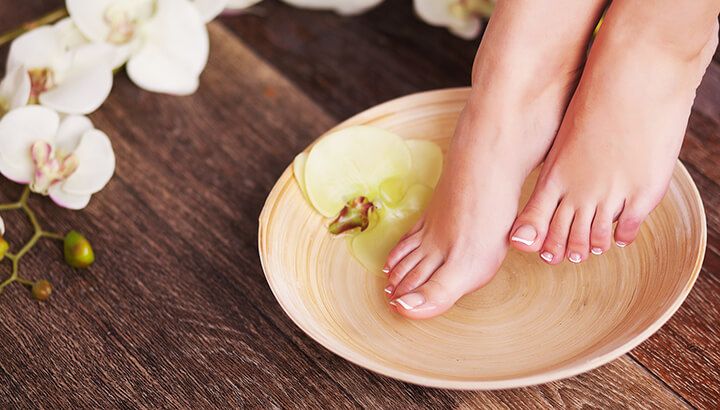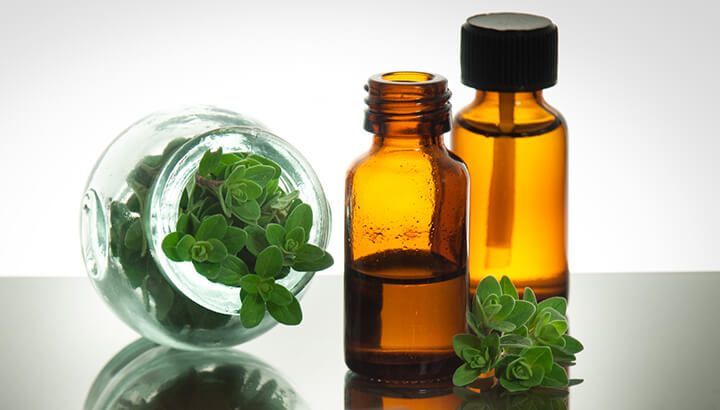
Essential oils are compounds extracted from plants which possess truly impressive healing abilities. While holistic health practitioners have been utilizing the healing properties of essential oils for years, it is not until recently that they have gained mainstream popularity. Today, it is not uncommon to open an average household medicine cabinet and see an impressive array of essential oils lined up and ready for action.
For thousands of years, cultures across the world have recognized the therapeutic value of essential oils. Ancient Egyptian pharaohs were mummified using essential oils of cinnamon, frankincense and myrrh. The Bible makes repeated reference to essential oils. Archaeologists have found compelling evidence of essential oil use in ancient Greece and Rome. Suffice it to say that mankind has a long and beneficial relationship with essential oils.
But while essential oils have been used in the Western world for many years as aromatherapy treatment, their topical use is a very recent development. With increasing access to quality therapeutic-grade essential oils, many people now apply these powerful compounds directly to their skin.
And the most effective place to put essential oils on your body? The soles of your feet! Here are five reasons why you should get rubbing essential oils on your feet, ASAP.
1. Essential oils act faster and more efficiently
The soles of our feet have much larger pores than the rest of our body. This means they act a little like oversized straws, sucking up the health-giving compounds in the oils and quickly feeding them into our bloodstream. If you’re an aficionado of milkshakes and thick shakes, you’ll know what I’m talking about. Most milkshakes are okay to drink through a normal diameter straw, but the more delicious ice cream that gets added to the shake, the harder it is to get that delicious shake into your mouth!
Essential oils present much the same problem. With an oversized straw, you can suck out that thick shake to your heart’s content. And when applied to the larger pores of your foot soles, these oils can pass through the epidermis into your body and begin working their magic faster and more efficiently.
2. The skin is less sensitive

Purely because the bottom of our feet are designed to take their fair share of abuse, the skin on this area of our bodies is much less sensitive. This means that many people who might experience irritation when they apply certain essential oils to other parts of their body often don’t have any issues when they apply the same oils to their feet.
The lower sensitivity of the skin on your soles means you can often apply essential oils undiluted. It also makes a great location to apply “hot” oils like oregano or peppermint, which can sometimes cause issues for people elsewhere.
3. Feet soles don’t contain sebaceous glands
Along with the palms of your hands, the soles of your feet are the only part of your body which don’t contain sebaceous glands. Sebum essentially acts as a barrier. For this reason, it can act as an impediment to the essential oils which you want to absorb into your body. The absence of sebum on the soles of your feet means they are the perfect place to apply essential oils.
4. Feet and reflexology
According to the ancient practice of reflexology, every nerve line in the body ends in your feet. Specialists in reflexology maintain that certain areas of the feet correspond to the body’s organs. Thus by applying essential oils to your feet, it’s possible that these oils may have a stronger, more beneficial effect on certain areas of the body.
Considering that reflexology has been shown to have significant, scientifically-proven benefits, this claim may have some legitimacy to it. For example, a study which used foot reflexology to treat patients with breast and lung cancer found that there was a marked decrease in both anxiety and pain. Another study found that ear, hand and foot reflexology resulted in “a significantly greater decrease in premenstrual symptoms for the women given true reflexology treatment than for the women in the placebo group.”
5. Spiritual connection to the earth
While this one is hard to put a scientific spin on, it’s not all about the numbers and figures! Historically, the feet have been venerated by ancient cultures as an important part of the body in spiritual practices. Much of this comes from a recognition that our feet are our connection to the Earth, rooting us in the biosphere and encapsulating our energetic links to Mother Earth. What better place, then, to put essential oils?
Health benefits of essential oils
Because essential oils contain the concentrated healing powers of any given medicinal plant, they truly are a force to be reckoned with. Providing a short summary of all the benefits that the hundreds of essential oils provide is a difficult task, but here’s a start:
- Strengthen immunity
- Fight colds and flu
- Prevent infection, both internally and on the skin
- Relax and soothe sore or inflamed muscles
- Resolve skin conditions
- Reduce pain
- Lower inflammation
- Balance hormones
- Reduce stress and anxiety
- Increase skin suppleness and elasticity
- Slow the process of aging
- Improve digestion
- Help you sleep better
- Alleviate congestion
- Clean your home
- Make you smell nicer!
Get the idea? Essential oils are pretty darn awesome. With this in mind, an important part of knowing what health benefits you can get out of these products means learning about some of the more popular oils.
Which essential oils are best?
Unfortunately, with essential oils, there’s no “one size fits all.” Different oils provide varied health benefits, meaning you need to have a good idea of the medicinal properties of the original plant to ascertain how it can be used to benefit your own health. There are, however, certain “go-to” essential oils which are versatile, powerful and easy to use. Here’s some of my own favorite essential oils and their uses.
Lavender
A personal favorite of mine, we always have a bottle of therapeutic-grade lavender essential oil handy. I love lavender oil because it’s just so amazingly versatile — it can relax your mind and body, help your sleep, lower inflammation, speed healing, alleviate pain, soothe insect bites and even help minor burns heal without infection. If ever there was an “all-arounder” in the world of essential oils, this is it!
Oregano

Many people steer clear of oregano essential oil due to the fact that it can sometimes cause skin sensitivity. This only occurs, however, if it isn’t diluted with a carrier oil such as coconut, olive or castor. When used correctly, oregano essential oil can be a powerful medicinal ally, as it is antifungal, anti-parasitic, anti-microbial and anti-inflammatory. Use oregano oil to treat fungal infections, intestinal parasites, joint pain, sprains, bruises, cysts and warts.
Peppermint
This essential oil not only smells amazing, it has a wide range of health benefits as well. Applying peppermint oil to sore muscles can provide a soothing and relaxing effect. Putting peppermint oil on bug bites can take the itch away. Adding peppermint oil to the back of the head or temples can banish even the most persistent of headaches. The list goes on!
Remember, peppermint essential oil (like oregano) is another of the “hot oils.” This means that to avoid skin irritation, it should always be diluted with sufficient amounts of a carrier oil. These can include coconut oil, olive oil, castor oil or avocado oil.
Lemon

If you’re a regular at the Alternative Daily, chances are you’ve noticed that we’re always harping on about how great lemons are. The health benefits of lemon are wide-ranging and proven, so imagine how powerful lemon essential oil is. These essential oils are hundreds of times more potent than their original plant form, meaning lemon essential oil must be a very useful oil indeed.
Lemon essential oil is anti-inflammatory, anti-fungal, and just all-around anti-illness. I like to add a drop of lemon essential oil to a glass of water in the morning to cleanse the toxins from my system and get my body energized for the day ahead.
Lemon oil can also be used to increase your vitamin C intake, stimulate lymphatic drainage and improve digestive capacity. Studies even show that lemon essential oil can have positive neurological effects, including significantly reducing anxiety. And let’s not forget about good old hot tea with lemon and honey to soothe a sore throat… if you don’t have any fresh lemons lying around, use lemon essential oil instead!
— Liivi Hess
That’s some of the more popular essential oils, but what about the quiet achievers? Here’s your guide to some of the lesser-known (but still powerful!) essential oils.

